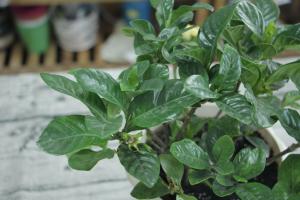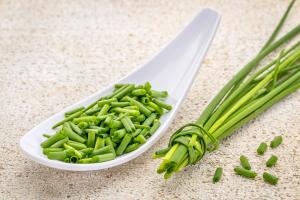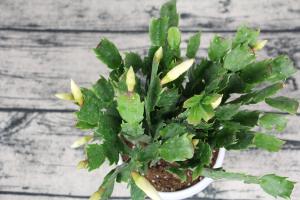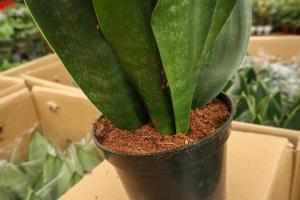Should You Use Epsom Salt When Planting Tomatoes?
When it comes to growing tomatoes, there are endless tips and tricks to help you produce the largest, juiciest, and tastiest fruit possible. One of the most popular ideas is to use Epsom salt in your garden soil. But what is Epsom salt, and is it really beneficial for tomato plants?
What Is Epsom Salt?
Epsom salt is a mineral compound made up of magnesium, sulfur, and oxygen. It was first discovered in the 17th century in Epsom, England, where it was harvested from natural springs. Epsom salt has since been used for a variety of purposes, including as a natural remedy for sore muscles and as a supplement for plants.
The Benefits of Epsom Salt for Tomatoes
Proponents of using Epsom salt in your tomato garden claim that it can have many benefits for your plants. They argue that the magnesium in Epsom salt can help to improve the overall health and vigor of your tomato plants, leading to increased growth and a higher yield of fruit.
Additionally, Epsom salt is believed to help prevent blossom end rot, a common problem in tomato plants. Blossom end rot is characterized by a rotting or blackening of the bottom of the fruit, and is caused by a calcium deficiency in the plant. While Epsom salt doesn't actually contain calcium, it can help to improve the plant's uptake of this important nutrient, potentially reducing the risk of blossom end rot.
How to Use Epsom Salt in Your Tomato Garden
If you're interested in using Epsom salt in your tomato garden, there are a few different ways to do it. One option is to mix a small amount of Epsom salt into the soil at the base of your tomato plant when you first plant it. Another option is to dissolve a tablespoon of Epsom salt in a gallon of water, and then use this mixture to water your tomato plants once a month throughout the growing season.
It's worth noting, however, that not all garden experts agree on the benefits of using Epsom salt in your tomato garden. Some argue that the amount of magnesium and sulfur present in Epsom salt is not significant enough to make a noticeable difference in plant growth, and that it may not be necessary if your soil is already rich in these nutrients.
Other Considerations When Growing Tomatoes
While the use of Epsom salt may or may not provide any noticeable benefits to your tomato plants, there are other factors that are much more important to consider when growing healthy and delicious tomatoes.
One of the most important considerations is the quality of your soil. Tomatoes thrive in soil that is rich in organic matter and has good drainage. If your soil is lacking in these areas, it's important to amend it with compost, manure, or other organic materials before planting your tomatoes.
Another important factor is water. Tomatoes need consistent, even moisture throughout the growing season to produce healthy fruit. Be sure to water your plants deeply and regularly, and avoid letting the soil dry out completely.
The Verdict
So, should you use Epsom salt when planting tomatoes? The answer is: it depends. While there may be some potential benefits to using Epsom salt in your tomato garden, the amount of magnesium and sulfur present in the compound is relatively small. So, while it's unlikely to do any harm, it may not be necessary if your soil is already rich in these nutrients.
Ultimately, the best way to grow healthy and delicious tomatoes is to focus on creating a healthy and fertile growing environment. Amend your soil with organic matter, water your plants consistently, and remove any diseased or damaged foliage promptly. With the right care and attention, you can enjoy a bountiful harvest of tasty tomatoes all summer long.

 how many times do yo...
how many times do yo... how many planted tre...
how many planted tre... how many pine trees ...
how many pine trees ... how many pecan trees...
how many pecan trees... how many plants comp...
how many plants comp... how many plants can ...
how many plants can ... how many plants and ...
how many plants and ... how many pepper plan...
how many pepper plan...
































